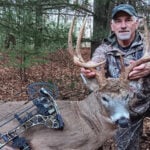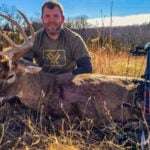My dad was never much of a hunter or fisherman, but that didn’t stop him from raising me to hunt and fish.
Dad found more fun and satisfaction in golfing, gardening and the Green Bay Packers. Even so, he also found time to teach me how to shoot guns, clean fish, dress rabbits, tie a blood knot, and handle guns safely. But he was no slouch in the outdoors. He was deadly with rifles and shotguns, and often rushed my three brothers and me to Madison area waters when perch, trout, bluegills or bullheads were biting.
At some point, though, Dad noticed my interest in hunting and fishing far exceeded his. He conceded he lacked the skills to teach me archery, bowhunting, ice-fishing or fish filleting. Many hunters and anglers hide such shortcomings, but Dad simply compensated with phone calls to his fellow firefighters in Madison, Wisconsin. Several of his buddies in Local 311 obliged by nudging me along hunting and fishing’s paths during my 1960s boyhood and early ’70s adolescence.
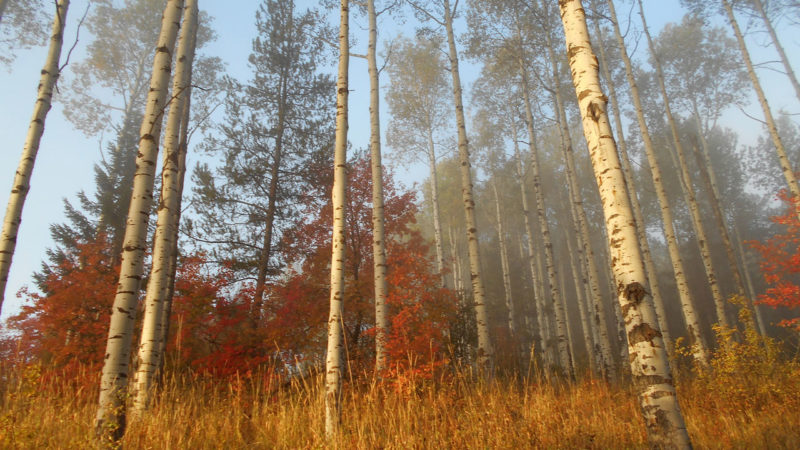
Those firefighters were also Dad’s telephone hotline for fishing reports. That was long before email, Internet forums, text messages, or even dial-up tape-recorded fishing reports. Not all hot tips paid off, of course, but when they did, Dad called Donnie Adams or Charlie Merkle to say we “slaughtered them.”
I’ve wondered if I would have become a lifelong golfer or fantasy-sports geek if not for Dad’s firefighter friends. After all, when reporting on today’s struggles to “recruit” new hunters, bowhunters and anglers, I’m struck by how much gear, time, transportation and learning these activities require compared to “ball sports.”
But neither Dad nor his friends considered me a potential recruit to restock hunting and fishing’s ranks. They just knew I liked “all that stuff,” and taught me what they could in the time provided.
Firefighter Jim Ward, for example, showed me his shiny aluminum arrows and laminated-limb recurve bow when I visited Dad one evening at fire station No. 9. That was about 1968 when I was 12. Until then, I only knew about wooden arrows and my 25-pound solid fiberglass longbow. Ward led us into the fire station’s basement to his target. He then drilled five straight shots into the bull’s-eye from the opposite wall.
I was stunned. My own experiences told me that was impossible. I still hear Ward’s aluminum arrows rattling against each other 52 years later, reminding me that my own limitations aren’t universal.
As Wisconsin’s gun-deer season loomed in November 1971, I asked Mom if she could ask an uncle to take me along. He declined, explaining he was just a guest where he hunted. When Dad returned home, he called fire station No. 4 and asked Merkle to take me.
Dad dropped me off at 7 a.m. that Friday at Merkle’s house. I had Dad’s 12-gauge Remington 11-48, a hand-me-down red/plaid Woolrich jacket with blue-jean elbow patches, and the latest in safety wear: a blaze-orange hat and gloves. An hour later I was riding up Highway 51 with Merkle and another firefighter, Kermit Hermanson, toward Star Lake in Vilas County.
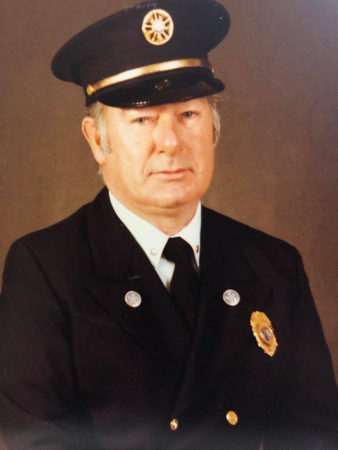
Our drive ended five hours later, giving Merkle time before dark to show me where I’d sit, and where the deer might appear Saturday. We never fired a shot opening day, but I saw four deer, including one with spike antlers too stubby to meet the legal 3-inch minimum.
Dad was on duty Sunday, so he was waiting at Hermanson’s deer shack when I returned at dark. I told him my deer stories over supper and then we started our five-hour return home. We saw a big buck crossing the road a half-mile from the shack, its eyes reflecting our station wagon’s headlights when it paused to taunt me.
A couple of weeks later Dad heard me bellyaching about freezing on Lake Monona’s early ice while catching perch. He called Adams, a former Marine who survived Vietnam, and asked if he would take me ice-fishing.
Dad left me with Adams early Saturday, and minutes later Adams and I dragged his homemade pop-up shanty onto Monona’s ice from Morrison Park. We spent the morning catching perch while I studied the shanty and asked for building tips.
For Christmas, Dad bought me a bundled sheet of treated canvas, cut to Adams’ specified dimensions. I returned to the ice with my own portable shanty before New Year’s Day.
Two Novembers later, Mom complained to Dad on Thanksgiving night that my cache of dressed squirrels and rabbits was crowding the stand-up freezer. She had nowhere to store leftovers from the day’s feast. Dad called Vic Stormer, a firefighter who worked with him at fire station No. 7. Stormer was a renowned cook, and scheduled to work Saturday’s shift with Dad. He and his wife lived in a duplex a block away.
“Pat, take all of your squirrels and rabbits over to Vic’s place,” Dad said.
“All of them?”
Dad shot me a look, but didn’t answer. In our home, you didn’t question an order you understood. All he said was,
“You’re joining us at No. 7 for supper Saturday night.”
When I arrived at Stormer’s door 20 minutes later, he flicked through my box of rabbits and squirrels. “They look good,” he said. “That should feed everyone.”
Saturday’s feast was the best rabbit and squirrel I ever tasted. All the firefighters thanked me for bringing the meat, but I sensed eating small-game wasn’t novel at No. 7. In fact, Stormer was more interested in hearing where I planned to hunt deer the next day.
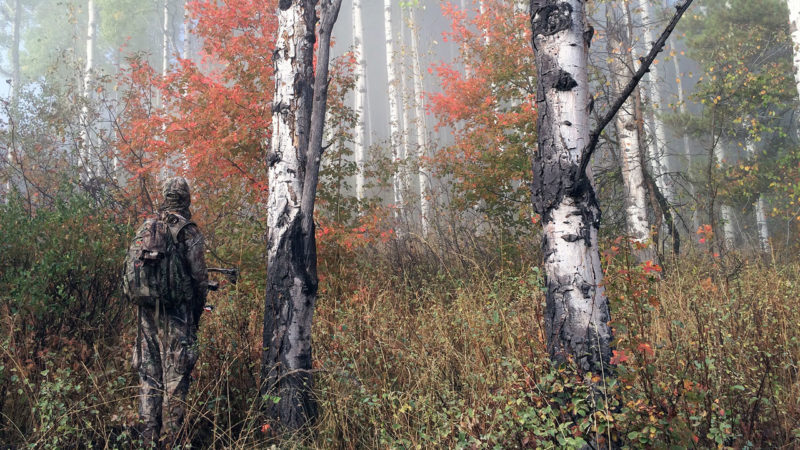
When learning I didn’t own a deer rifle, Stormer called his wife and said: “Pat Durkin will stop by about 8. Get my deer rifle out of the closet, and make sure a box of .270 shells is inside the case. He’ll return it Monday.”
I recall thanking Dad and his fellow firefighters for each of their many favors. But I never thanked any of them for their roles in making me a lifelong hunter, bowhunter and fisherman. After all, that was never their intention nor my conscious goal.
But it seemed appropriate to thank them this year on Father’s Day, and be grateful they shared their time, expertise and fraternity all those years ago.

 By
By 